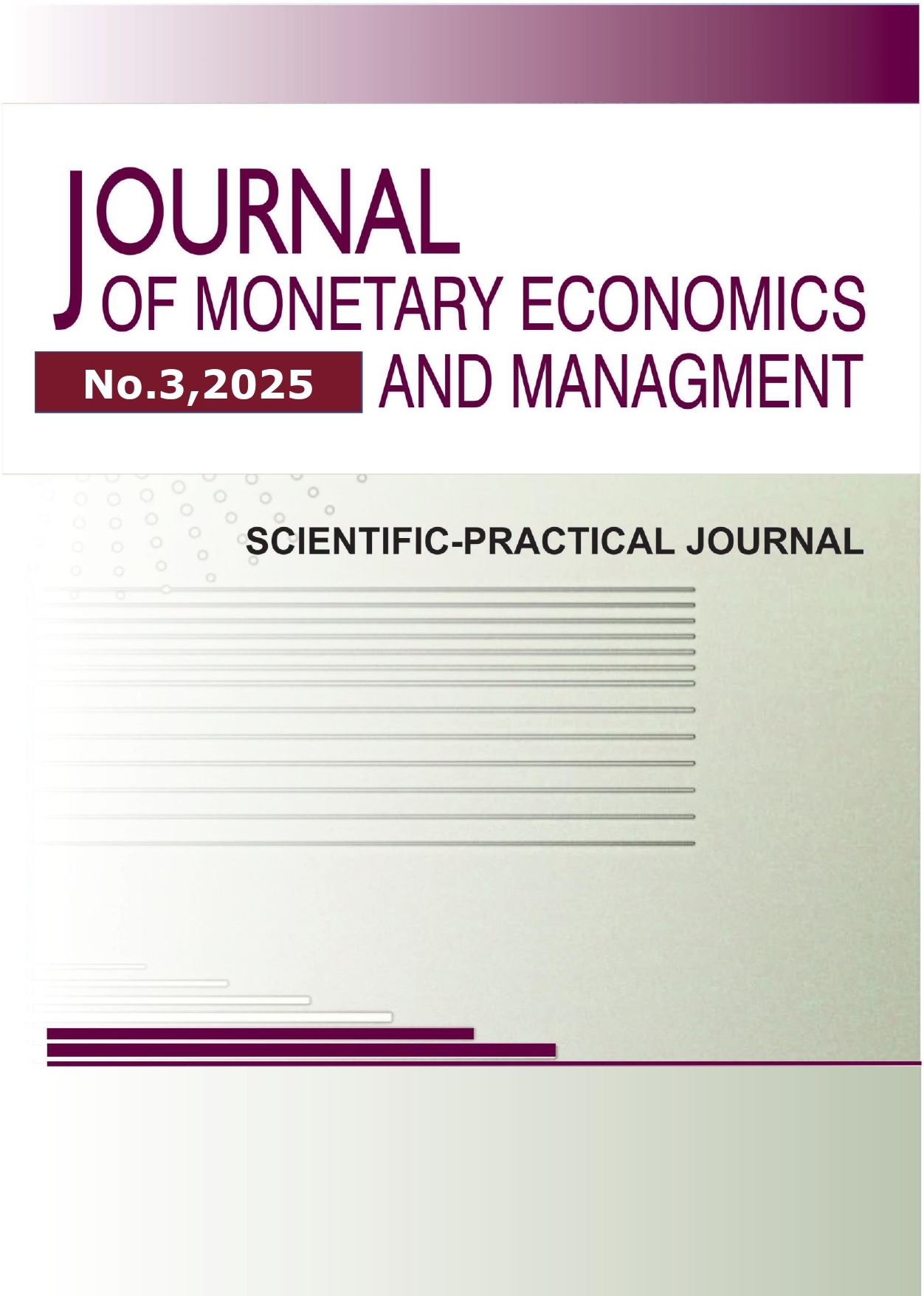student
student
student
student
Currently, the relationship between the concepts of armed conflict and economic crisis is not fully clarified. Researchers often interpret the same concepts in different and ambiguous ways. In this context, it is difficult not to agree that in the modern world wars may not be declared in the form we are used to, hostilities may not be conducted, while one side will suppress the other with covert actions, while having concomitant attacks and intentions. In this regard, discussions have unfolded regarding old and new challenges in the field of armed confrontations. Such challenges include the following. Firstly, the interpretations of the concepts of "war" and "armed conflict" in the past and present differ radically both in content and in actions. Secondly, under the pretext of new forms of military confrontations, countries are actively using old methods of introducing military operations, regardless of certain circumstances. Thirdly, publicly expressed assessments of the actions of states without taking into account adjustments may result from an increase in the level of socio-political risks in society, determined by the processes of social differentiation and political disintegration of society, increasing anxiety, manifestations of protest moods and escapism. It is important to remember that when analyzing events such as the war, one must take into account the historical context and not limit oneself to a simple enumeration of facts. The analysis should be based on reliable sources and the ability to draw logically coherent conclusions. However, the main types of modern conflicts and new trends in armed confrontations in the context of these conflicts are of the greatest interest – those that either were not in the foreground or had no analogues in the 20th century, but spread or even become the norm at the beginning of the 21st century.
war, armed conflict, economic crisis, government regulation, civil society, political system
1. Baranovskiy V.A. Mezhdunarodnyy landshaft: epoha peremen // Ves' mir. 2021. - 720 c.
2. Gorshechnikov, O.M., Malyshev, A.I., Pivovarov, Yu.F. Problemy tipologii sovremennyh voĭn i vooruzhennyh konfliktov // Vestnik Akademii voennyh nauk. 2017. S. 12.
3. David, Erik, Principy prava vooruzhennyh konfliktov: kurs lekciĭ. M.: Mezhdunarodnyĭ komitet Krasnogo Kresta. 2011. S. 17-25.
4. Mihaĭlov D.O. Mezhdunarodno-pravovoe regulirovanie sostoyaniya voyny, nachala i okonchaniya voennyh deĭstviĭ // Voenno-yuridicheskiĭ zhurnal. 2008. №6. S. 6.
5. Pershin Yu.Yu. «Gibridnaya voĭna» kak intellektual'naya provokaciya // Uchenye zapiski Krymskogo federal'nogo universiteta im. V.I. Vernadskogo. Filosofiya. Politologiya. Kul'turologiya. 2015. No 1. S. 80–88.
6. Uolcer M. Smena rezhima i spravedlivaya voĭna // Per. s angl. Kuman'kov A.D. // Voenno-yuridicheskiĭ zhurnal. 2013. - 160 s.
7. Fon Klauzevic K. O voĭne. M.: Izdatel'skaya korporaciya «Logos»; Mezhdunarodnaya akademicheskaya izdatel'skaya kompaniya «Nauka», 1998. C. 46.









